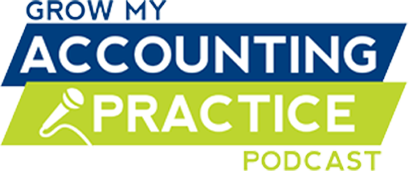Life is one big, ongoing, negotiation. We negotiate about who’s going to drive, who’s going to pick up or fix dinner, who’s picking up the bar tab, and what we’re going to pay for a new car. Sure, some negotiations are bigger, scarier and have way hairier consequences if we screw up (job negotiations, our raise, our employee’s raise etc). But all in all, negotiations are fairly standard.
However, the one sticking point for almost every business person seems to be money. Somehow putting price on the table seems to freak us out and rattle our cages. It makes us say and do stupid things that negatively impact the negotiation. It doesn’t have to. There are four really simple pricing mistakes that can make or break you in a negotiation. Don’t do these things!
1. Spraying and praying. Throwing out a range of prices signifies your status as a negotiating amateur and potentially pisses off everyone at the table. For example, responding to a question about price you say, “that’s going to cost between $20,000 and $30,000.” The prospect hears $20,000 and you hear $30,000. No one will be happy and you’ll spend the next hour or so finding a middle ground where you feel cheated and they feel taken advantage of.
2. Speaking in round numbers. $10,000 is a round number and that means that it is not specific. The client is either going to figure you have no real idea what something costs, or that you’re rounding up in anticipation of expecting to be negotiated down. Round numbers are “ball park numbers.” That means they’re somewhat arbitrary and the other party can not only negotiate it down, but is expected to do so.
Saying “$11,643” as opposed to “$12,000” is very specific. It sounds like you’ve figured your cost, added a percentage, and that you’re not going to budge very far from your estimate. Your specific number is less likely to get negotiation pressure, since the client will assume it is tied to a specific calculation.
3. Being the nice guy. You think you’re being “fair,” or being the “nice guy,” so you ask the client what they feel is a “fair price.” Wrong. Who ever speaks numbers first in a negotiation sets the starting point for all subsequent negotiations. The first to speak wins. Don’t ask what a fair price is, throw out what you’re thinking it is.
4. Being a motor mouth. You’re nervous, so you do what people do when they’re nervous. They talk. Bad move on your part. Breaking the silence when a number is put on the table is one of the biggest mistakes novice negotiators make. Silence is your real friend. Silence causes extreme pressure.
When you present your number, put it out there and then SHUT UP. Just sit and wait. If the customer doesn’t talk, don’t assume anything and surely don’t talk. Count sheep in your head or think about what you’re going to have for lunch. But don’t talk. Don’t panic. Don’t worry about what the other person is thinking. Just wait.
Customers need to absorb a number and go through a justification process in their head. Just sit, smile and wait, and wait, and wait, if you need to. Be calm. Don’t rush them and don’t feel rushed. Think of it like a game of “chicken.” Whoever panics first and reacts, loses.
Just reading these tips isn’t going to turn you into a seasoned negotiator overnight, but they’re starting points. Pay attention to your negotiations, but watch how others fare when they make these same mistakes. Keep practicing. If you can’t find a business deal, then find a flea market and start haggling. It’s the best place ever for learning the fine art of what not to say when making a deal without losing a bundle of cash in the process.










